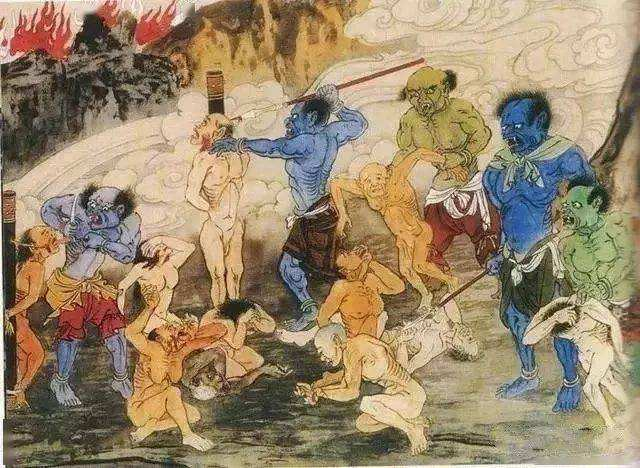Ten evils and five punishments
According to the Book of Sui and the Chronicle of Criminal Law, in the third year of the Northern Qi Heqing Dynasty, Shang Shuling, Zhao Junwang Rui, and others played the twelve articles of the Qi Law, listing 10 felonies:
One is rebellious, the second is great, the third is rebellious, the fourth is descending, the fifth is evil rebellion,
Six are not righteous, seven are disrespectful, eight are not filial, nine are unrighteous, and ten are civil unrest.
This is the original form of the "Ten Evils". On this basis, the Sui and Tang Dynasties made slight changes, and officially named it "Ten Evils" and wrote it into the code.
In ancient China, there were five cruel punishments called the Five Punishments.
The five punishments of early slavery refer to ink, sword, sword, palace, and dapu;
The five feudal punishments refer to flogging, rod, discipleship, streaming, and death;
At the end of the Qing Dynasty, the legal system was reformed, and the five sentences were changed to the death penalty, life imprisonment, fixed-term imprisonment, criminal detention, and fines.
#Reading #Reading Temperature# #历史 #
